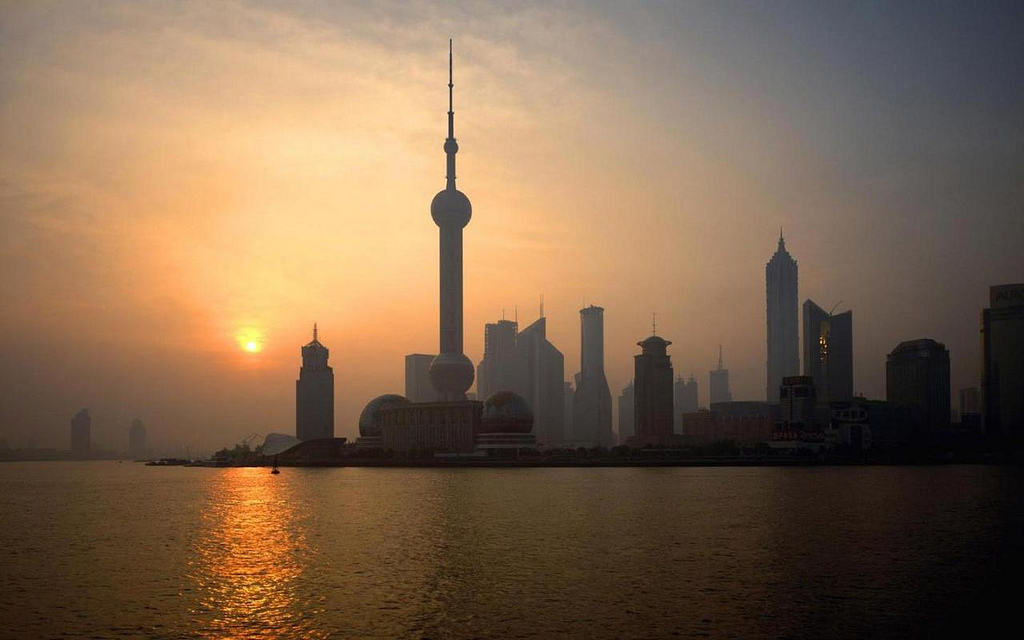The Asian Devaluation Race Is On
| By Fórmate a Fondo | 0 Comentarios

The decision by the PBoC to introduce the new FX regime serves two purposes, explains Global Evolution in its last analysis. First, the move should be seen as a step forward to comply with SDR eligibility. The IMF recently declined the Chinese calls for letting the CNY become a SDR currency as the fund criticized the gap between the CNY’s market level and daily fixings. In fact, the IMF and the US Ministry of Finance have both welcomed the Chinese policy shift.
Secondly, economic growth is in retreat and the export sector is in dire straits judged by recent export data. A weaker CNY could help stem the growth decline although most would agree that the 2.7% adjustment in USD/CNY since Monday August 10 will not make much of a difference, points out the firm.
Still, if the market believes that the CNY should weaken leading to capital outflows the CNY adjustment may have more legs in the weeks and months to come. The PBoC will lean against disruptive currency volatility but welcome a weaker currency as long as capital outflows are manageable and the CNY depreciation takes place in a controlled and orderly fashion. Inflation is a no worry for now. July’s headline CPI inflation may have increased to 1.6% YoY from 1.4% YoY in June but PPI inflation declined to minus 5.4% from minus 4.8% thereby hitting the lowest level since autumn 2009. To put things short, says Global Evolution, what we now have in China is a managed float and who can blame the Chinese authorities for letting markets determine the value of their currency.
Sin embargo, si el mercado cree que el yuan se debilitará esto provocará la salida de capitales y el ajuste de la divisa china podría continuar en los próximos meses. El Banco Popular de China luchará contra la volatilidad de la moneda, pero estará a favor de una divisa más débil, siempre y cuando las salidas de capital sean manejables y la devaluación del renminbi se lleva a cabo de una manera controlada y ordenada.
La inflación no es una preocupaciónpor ahora, afirma Global Evolution. La inflación subyacente del mes de julio podría haber aumentado hasta el 1,6% interanual desde el 1,4% interanual en junio, pero la inflación de los precios de producción industrial disminuyó hasta -5,4% desde -4,8%, marcando el nivel más bajo desde el otoño de 2009. Para resumir, lo que tenemos ahora en China es una fluctuación controlada y quién puede culpar a las autoridades chinas por dejar que los mercados determinen el valor de su moneda.
Who is exposed?
“The genie is out of the bottle and the Asian devaluation race is on as illustrated by the Vietnamese central bank’s decision to devaluate the Vietnamese dong by 2%. Elsewhere in Asia, depressed commodity prices will allow for easy monetary policies with central bankers happy to see their respective currencies staying weak and competitive”, explain the firm specialized in emerging and frontier markets debt.
In emerging Asia, Singapore, South Korea and Malaysia are the countries that are most exposed to the Chinese business cycle whereas in Latin America Chile stands out with an export to China worth around 7% of GDP.
In Asian frontier universe Mongolia stands out with an export exposure to China worth more than 30% of GDP whereas in Africa, Angola and Republic of Congo are the countries most exposed.
What are the consequences?
Asian local fixed income should perform well as headline CPI inflation stay subdued. The tricky part is FX, growth, the banking sector and budget performance. “We believe that local Asian currencies have limited upside potential over the next few months and have cut Asia significantly in our local currency strategies. India and Indonesia are the two countries where we still hold some exposure with our strongest conviction trade being India and with Indonesia offering a notable carry in compensation for currency risks”, point out.
“As to Asian hard currency debt, sovereign debt stocks are low and we do not see roll over risks as a problem (with FX reserves being amble). Spreads may face upside pressure should the overall economic outlook deteriorate but that is only a mark-to-market risk. Distressed market pricing or defaults are highly unlikely. Asia constitutes 23% in the typical hard currency benchmark (JPMorgan EMBI GD) and we typically hold only around 15% of AuM in Asian “pure” sovereign debt (no quasi-sovereigns) across funds within our hard currency strategy due to zero-weighting of China, Malaysia, India, Mongolia and Pakistan. Therefore we believe that our Asian exposure in hard currency debt is highly manageable”, concludes.
Global Evolution, an asset management firm specialized in emerging and frontier markets debt, is represented by Capital Stragtegies in the Americas Region.












